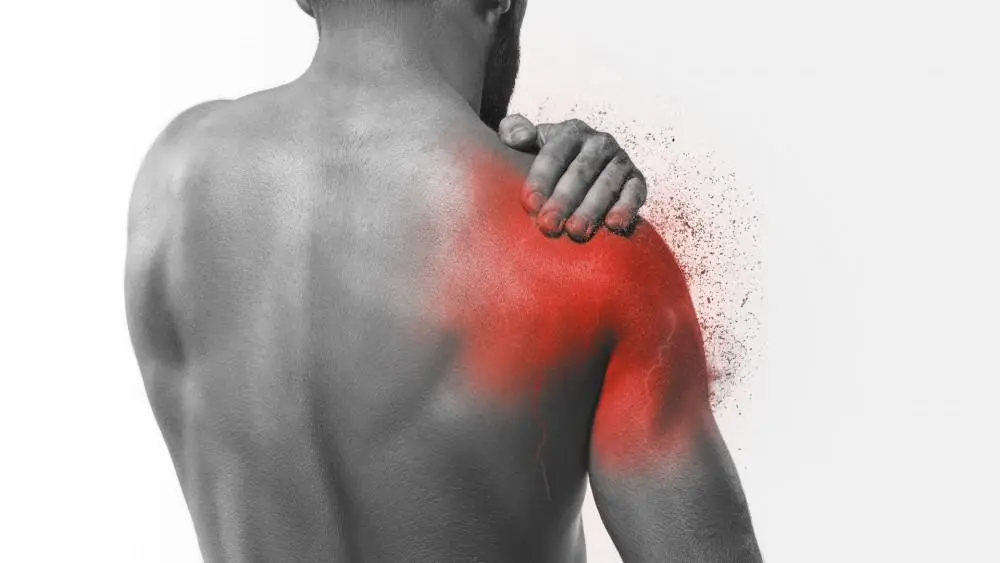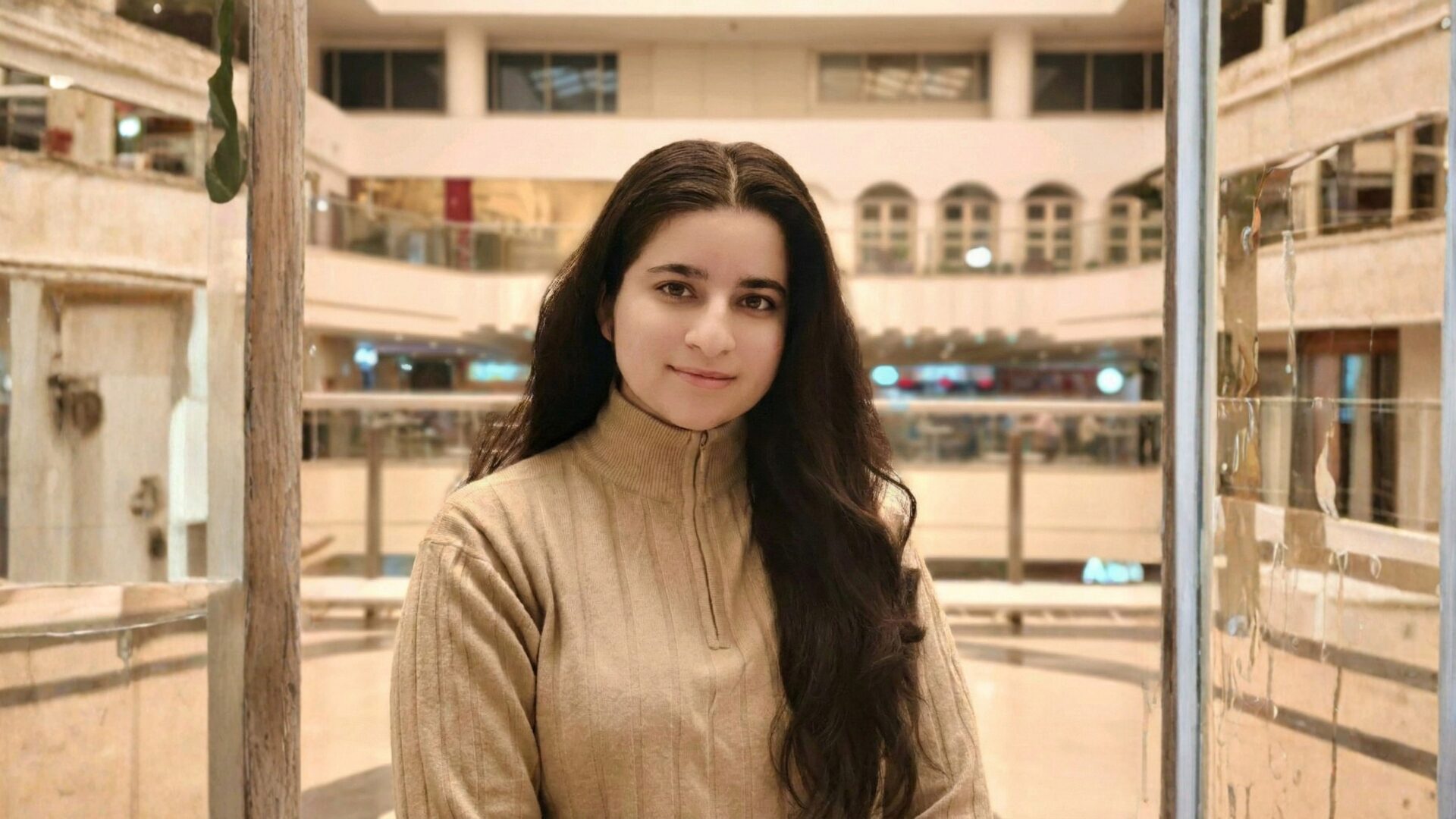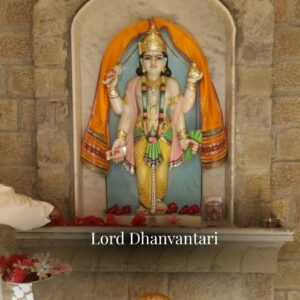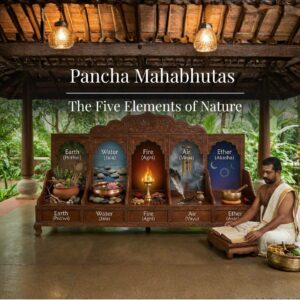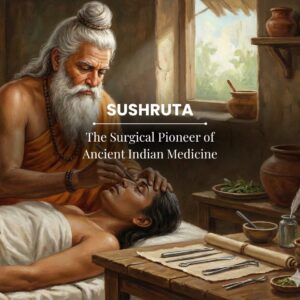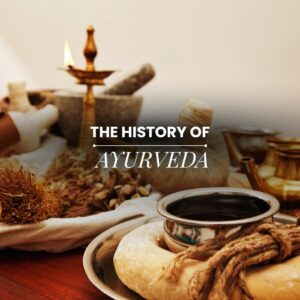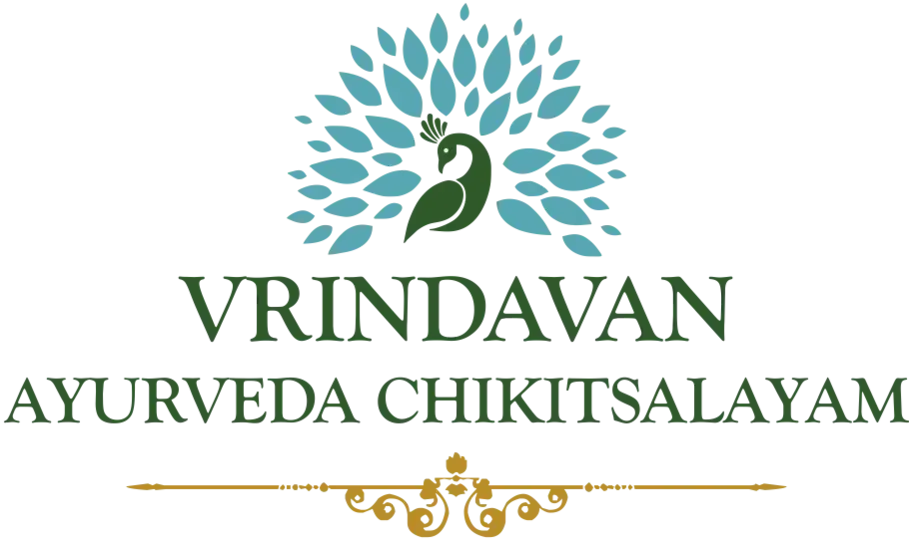Looking for the best Kerala Ayurvedic Treatment for Frozen Shoulder? Your search ends here, as Vaidyaratnam Vrindavan Ayurveda Chikitsalayam is an ideal place for you. Frozen Shoulder also called adhesive capsulitis is a condition characterized by stiffness and pain in the shoulder joint.
The shoulder joint is a form of ball-and-socket joint made up of three bones i.e. arm bone (humerus), shoulder blade (scapula), and collar bone (clavicle). Also, the joint is enclosed by strong connective tissue, called the shoulder capsule. Additionally, Synovial fluid lubricates the joint which helps to move the shoulder easily.
In a frozen shoulder, the shoulder capsule becomes thick, tight and stiff. Furthermore, in many cases, there is less synovial fluid in the joint resulting in severe pain and difficulty in moving the shoulder.
Frozen shoulder Ayurvedic Treatment
Symptoms of Frozen Shoulder
In Ayurveda, a frozen shoulder can be correlated with Avabahuka affects the Amsa sandhi (shoulder joint) and is manifested by the vitiated Vata Dosha and loss or dryness of sleshaka kapha (responsible for lubricating joints) from shoulder joints restricting its movement.
- Dull or aching pain around the shoulder
- The affected shoulder may feel weak due to disuse and pain
- Restricted range of motion in the main shoulder joint
- Pain by even the smallest movements
- The shoulder may be tender to touch, particularly around the joint and upper arm
- The pain is usually located over the outer shoulder area and sometimes radiates to the upper arm
Causes of Frozen Shoulder
- Chronic shoulder injuries like tendinitis, bursitis etc
- Overuse of joints
- Sedentary habits can lead to weakened shoulder muscles and reduced flexibility
- High levels of stress and emotional factors can contribute to muscle tension and stiffness in the shoulder
- More frequently in patients with chronic illnesses like diabetes, strokes, etc
- Secondary to degenerative disorders like chronic inflammatory arthritis of the shoulder, cervical spondylitis, and many more
Kerala Ayurvedic Treatment for Frozen Shoulder
Vaidyaratnam – Vrindavan Ayurveda Chikitsalayam, is one of the top-rated Ayurvedic hospitals and is well-known for its authentic classical Ayurvedic treatment, Herbal Treatment, Panchakarma Treatment, Yoga, Naturopath Treatment, Natural Therapies, Herbal Medicine, and lifestyle practices. The dedicated team of Ashtavaidyan has profound knowledge in all 8 branches of Ayurveda available at premises with different specialities and provides the best Kerala ayurvedic treatment for frozen shoulder.
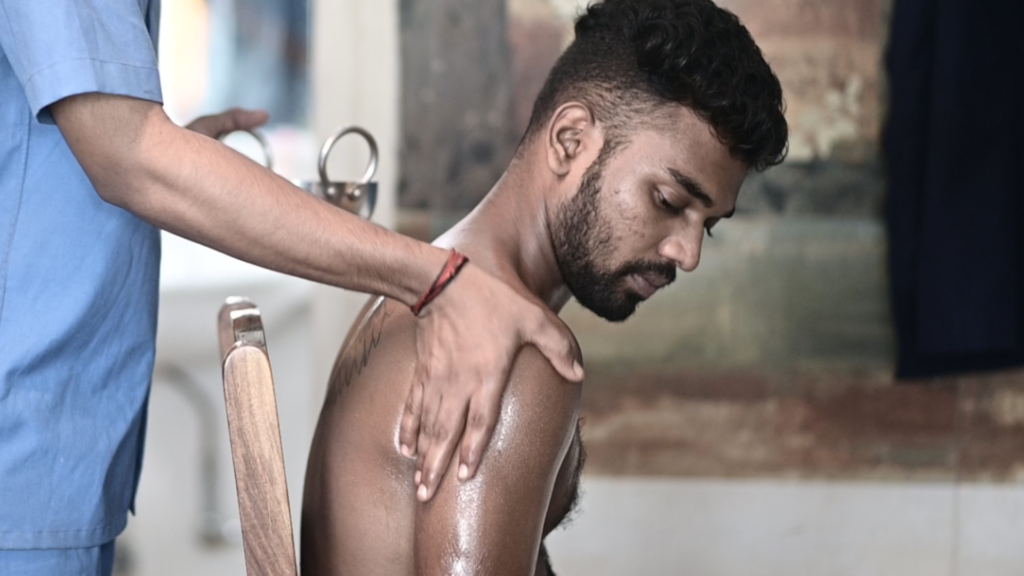
In Ayurveda, the frozen shoulder is a Kapha Vata Dosha predominant Vataj Vyadhi. So the treatment should be done to remove Margavarodha (blocked pathways) produced by Kapha and in turn Vata Shamaka treatment. This may include
- Snehana (oleation): Administering ghee or medicated oil internally and externally to alleviate Doshas out of the body.
- Swedana (fomentation): Application of hot, moist substances on the affected part to overcome pain and stiffness. ‘Patrapinda Swedana’ or ‘Valuka Sweda’ are mainly used to relieve inflammation and improve flexibility and range of motion of the shoulder.
- Basti (enema): is a bowel cleansing approach to balance the vitiated Vata Dosha in the body.
- Nasya karma (application of medicated oil drops in the nostrils): It helps in muscle relaxation and subsiding inflammation.
- Agnikarma (therapeutic cauterization): Agnikarma is indicated in Avabahuk (i.e., frozen shoulder). Agnikarma immediately results in the pacification of Vata and Kapha Dosha as the frozen shoulder is Vatakaphaj Vyadhi. Additionally, this gives immediate improvement in symptoms like pain and stiffness of a frozen shoulder.
- Upanaha or bandage (shoulder and upper arm): The word Upanaha means to tie bandaging of paste prepared from certain herbal medicine.
- Dhanyamla dhara or dhanyamla podikizhi: The procedure involving rhythmic pouring of warm fermented preparation of Dhanyamla over the body or the affected part. Also, it helps to relieve pain, stiffness, and swelling associated with the musculoskeletal system.
- Abhyangam with Naranga Kizhi (a method of therapeutic sweating): Naranga Kizhiis one of the traditional Ayurvedic massages that are administered to provide relief from frozen
- Pichu locally: In this method, cotton swabs are soaked in hot medicated oil and then applied to the affected part.
Pizhichil or Sarvangadhara: Streaming hot oil and simultaneous massage to improve blood circulation. It opens up the channels of the body to remove out the toxins
Appropriate Diet for Frozen Shoulder
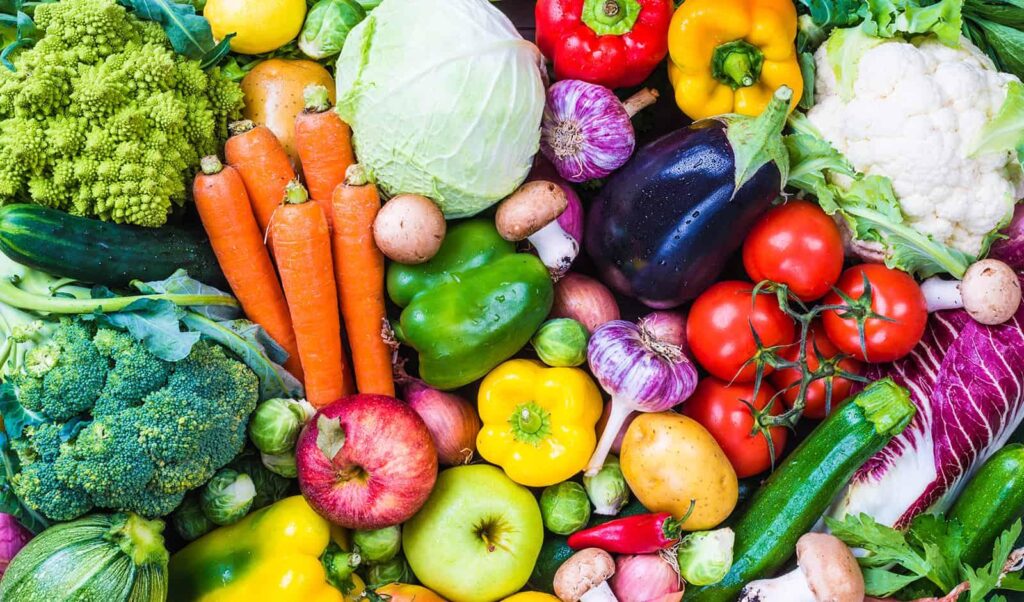
Yoga Poses in Kerala Ayurvedic Treatment for Frozen Shoulder
- Include raw fruits like papaya, cherries and pineapple in your diet. Being rich in proteolytic enzymes helps to reduce inflammation.
- Consume meals rich in dark green vegetables like spinach, kale rich in antioxidants, calcium, and vitamin C, which lowers the inflammation in the body.
- Avoid cheese, meat, milk, and butter as that will increase inflammation.
- Increase intake of flaxseed, fish, almond and walnut as these are rich in omega 3 fatty acids.
- Use ginger and turmeric in cooking.
- Take magnesium supplements to relax muscles. However, avoid if you have kidney problems.
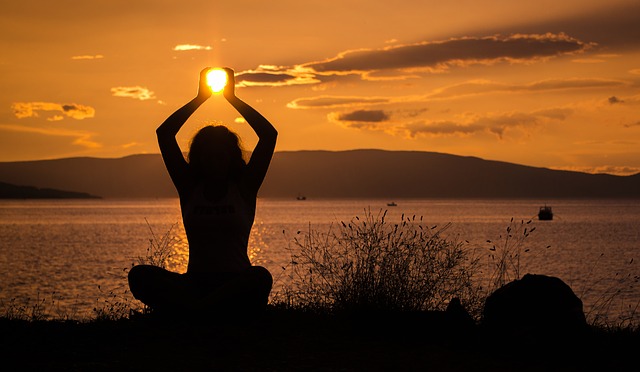
Yoga Asanas in Ayurvedic Treatment for Frozen Shoulder
Paschim Namaskarasana (Reverse Prayer Pose): It stretches the shoulder joints and pectoral muscles. Practising it regularly is extremely beneficial for frozen shoulder and back pain.
Ardha Matsyendrasana (Sitting Half Spinal Twist): This pose helps to twist the upper side of the body and induces a stretch at the back and shoulders, opening up blocked channels and relieving pain & stiffness.
Bhujangasana (Cobra Pose): The cobra helps to increase the flexibility of the muscles of the back and strengthens the spine. It is good for relieving stress from the neck and shoulders.
Halasana (Plow Pose): The Plow pose is significant for toning and strengthening the body to evade frozen shoulders.
Dhanurasana (Bow Pose): The bow pose opens the chest, neck, and shoulders. This asana stretches and strengthens the body thus avoiding sudden muscle strains.

